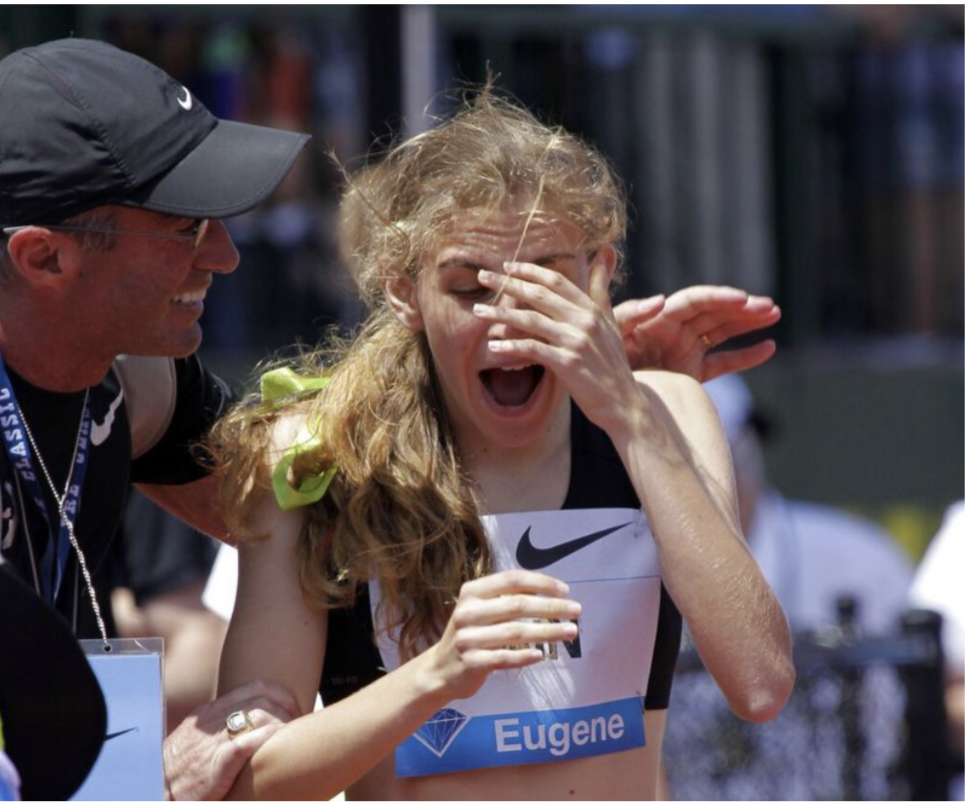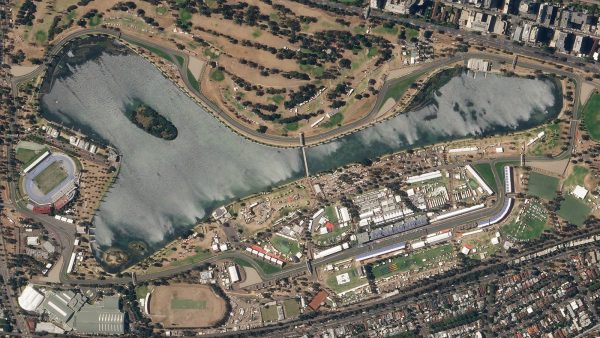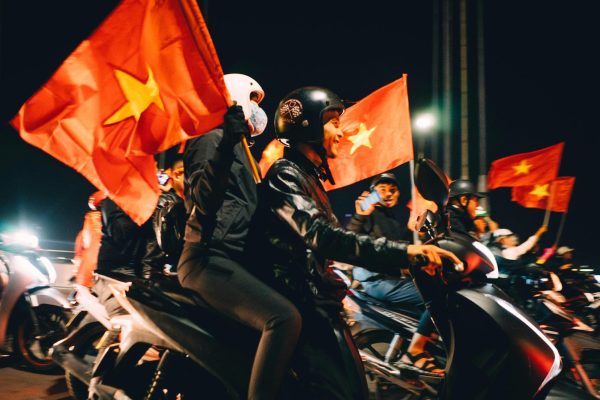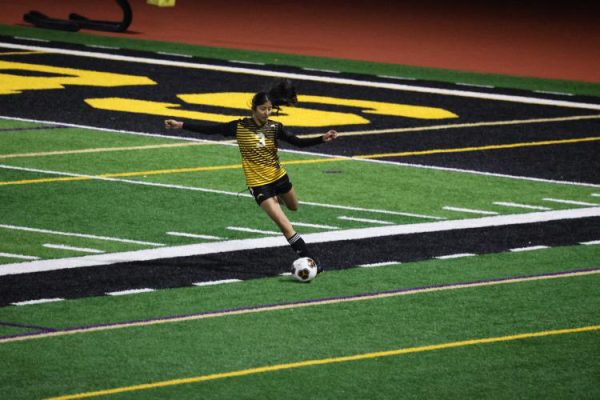Track Athlete Mary Cain Sues Nike

Mary Cain, former American professional track athlete, is suing her past coach and Nike for emotional and physical abuse. Cain joined the Nike Oregon Track Project led by Alberto Salazar in 2012 at the age of sixteen, a program in which Salazar hoped to include American distance runners in the competition of other athletes across the world. From the beginning, Salazar would judge Cain on her weight, not just privately, but also in public environments.
According to CNN sports reporter Andy Rose, “Salazar and other Nike employees often made sexist and objectifying comments about female athletes, focusing on their appearance and weight, while they did not make similar comments to or regarding male athletes.”
In many cases, Cain’s coach forced her to stand on a scale in front of the team and assessed her weight. Salazar became so consumed by controlling her weight that he would monitor her food intake — often making Cain go hungry. In turn, she was forced to resort to stealing her teammates’ food and hiding in the bathroom so she wouldn’t be punished.
Cain tried to inform her parents in hopes of support but the constant filial inference by her parents angered Salazar. This led to Cain feeling even more trapped and like she had no one to get support from. By 2019, Cain was diagnosed with an eating disorder and heavily struggled with depression. Salazar was informed of the eating disorder and self-harm but continued to ignore everything. In fact, he would make fun of and mock Cain for having panic attacks.
Eventually, Cain would go on to tell The New York Times about the emotional and physical abuse that went on in the Nike Oregon Project. Once brought to Nike’s attention, they claimed to look more into the program and said that they were unaware of any problems by Cain or her parents.
Aside from emotional abuse, Salazar also attempted to get away with doping, the practice of manipulating prohibited drugs to enhance athlete performance, as well as tampering with evidence on three separate occasions. Consequently, Salazar was banned from track for four years and the Nike Oregon Project was officially shut down towards the end of 2019. Two years later, Salazar would try to appeal his case with the US Anti-Doping Agency, a battle he inevitably lost last October.
Through all the struggles that Cain went through, she inspired other athletes that were a part of the Nike Oregon Project to speak out too. As of today, according to CNN sports, the last statement by Nike on the issue was given shortly after the trial on October 13, 2021, and stated, “Nike is committed to positively affecting the future of sport for women and girls and we are doing more in this space than ever before.” Nike has not released any more information and claims to not do so until they have gotten past the ongoing lawsuit.





